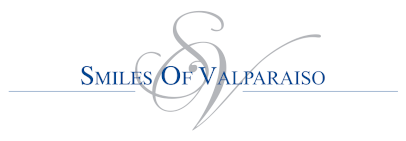Dental Plans Differ Significantly
 Last week I was asked about dental insurance plans and why they don’t seem to pay as much as they used to. I mentioned that the most common types are traditional (indemnity) plans, managed care plans, and direct reimbursement plans. I briefly discussed traditional plans and promised a brief description of managed care and direct reimbursement plans in this week’s column.
Last week I was asked about dental insurance plans and why they don’t seem to pay as much as they used to. I mentioned that the most common types are traditional (indemnity) plans, managed care plans, and direct reimbursement plans. I briefly discussed traditional plans and promised a brief description of managed care and direct reimbursement plans in this week’s column.
Within the realm of managed care, the most common plans are DMO’s (Dental Maintenance Organizations or “capitation” plans) and PPO’s (“Preferred” Provider Organizations). Both require participating dentists to sign an agreement with the insurance company.

In a DMO, the dentist contracts with the insurance company to provide all necessary dental care for the dental plan’s enrolled members. The dentist is paid a fixed monthly amount for each of the plan’s participants who select that particular dentist. These patients must see one of the plans “participating” dentists in order to be covered under the plan.
Although the specific details of these plans vary somewhat, this monthly fee is usually paid to the dentist whether or not the patient ever sets foot in the dental office or has any dental work done. While the dentist is contractually obligated to do all necessary treatment for each of these patients, he is generally not reimbursed beyond the original agreed-upon monthly fee.
In a PPO, dentists sign a contract with the insurance company and agree to lower their fees (sometimes substantially) in order to attract patients who are covered by the plan. The covered members of the plan must select a dentist from the network of providers in order to receive the plan’s maximum benefits.
Again the details vary, but usually, these patients may select a dentist outside of their network if they are willing to pay higher deductibles and co-payments. This is a penalty for being seen outside of the insurance company’s “preferred” network of dentists.
Direct Reimbursement plans are becoming popular with many employers. They provide employees with the opportunity to select any dentist they want and receive reimbursement directly from their employer for any dental procedures. Companies manage these plans internally, instead of paying significant premiums to insurance companies.
This allows companies to save a great deal of money, and their employees have more options when it comes to their dental care decisions. Direct reimbursement may provide the best of everything – more options for patients, lower internal costs for companies, and fewer insurance headaches for dental offices.
